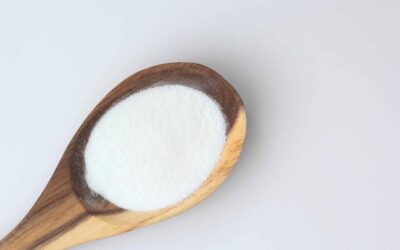We covered some really important topics in the previous articles.
Read if you missed: Varicocele can cause male infertility – What are they?
Read if you missed: Fertility and testicular cancer treatment
In this post, we’ll be looking at some top foods for supporting sperm health.
Don’t forget to leave a comment below when you’re done reading.

🍀 Dark leafy greens like broccoli are a great source of folate. Low folate levels
have been linked to poor sperm DNA stability.
🍑 Pumpkin seeds are a source of zinc. Zinc is essential when it comes to sperm
health as it helps sperm formation.
🌶 Foods high in vitamin C, like red peppers. Vitamin C has been shown to
improve sperm count, sperm motility, and sperm morphology.
🌰 Brazil nuts are a great source of selenium, which is essential for sperm morphology
(shape) and motility.
🍅 Tomatoes are rich in the antioxidant lycopene and studies have shown it can
boost sperm count and motility.
🦈 Salmon is a great source of oily fish, which is rich in omega-3, improving
both sperm quality and reproductive hormone levels.
Most importantly, reduce your intake of ultra-processed food.
If you need support, contact a Fertility Nutritionist – fertilitynutritioncentre.org






0 Comments